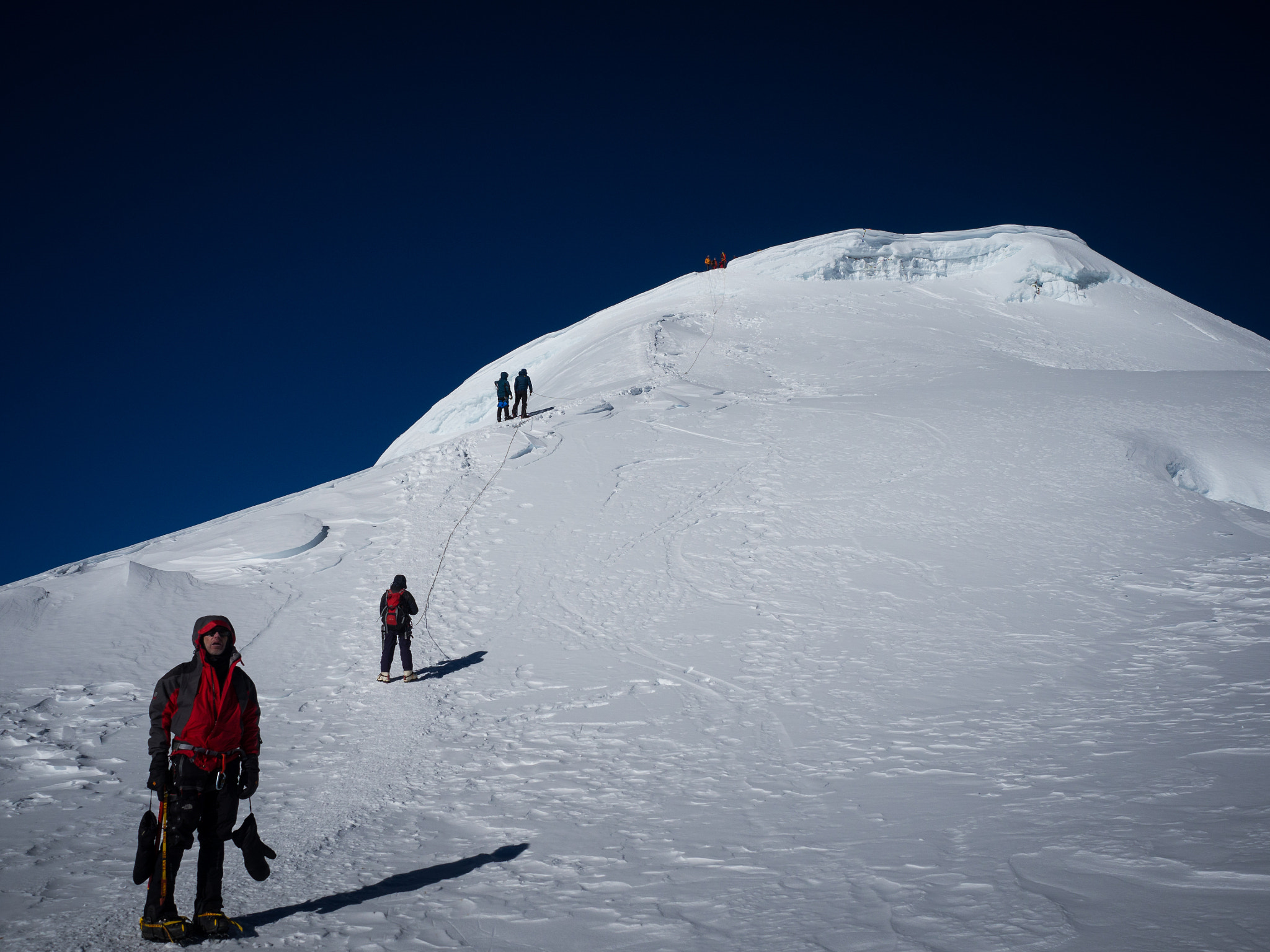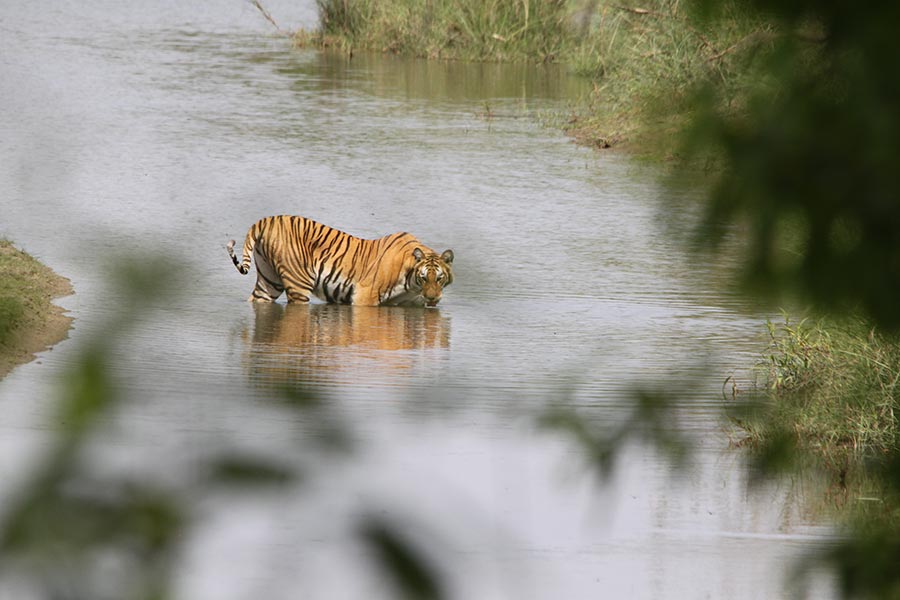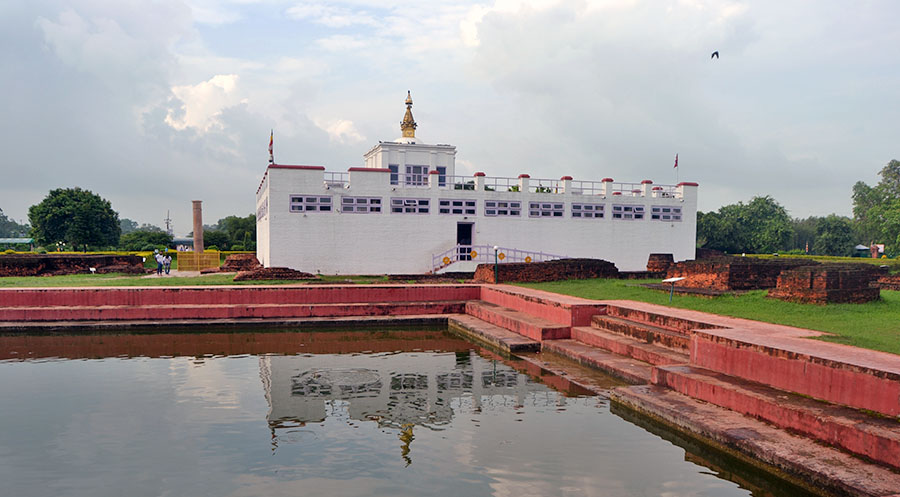- Viber / WhatsApp +44 7456906670
- Email Us info@orientaltreks.com
- Tourism License No. 2044/2072
Frequently Asked Questions for Travel to Bhutan
Understanding these Bhutan Tour FAQs can help you better prepare for your trip to Bhutan, ensuring a pleasant and fulfilling experience.
There is apparent to be informed of a location’s general information before visiting it. The essential items to keep on top of are general weather conditions, people and locations, travel laws, people’s behavior, and cultural norms. Furthermore, prior passengers’ testimonies, recommendations, and questions might help you create your travel itinerary. The recommended equipment checklist aids with packing. Thorough research on a destination often includes an examination of commonly asked questions by previous visitors.
This will not only make your journey easier, but it will also allow you to have a more in-depth understanding of the areas you visit. Everyone wanting to visit Bhutan, like anyone else, should educate themselves in order to properly enjoy the wonderful world of The Thunder Dragon’s land.
How can I get visa for Bhutan?
You should get a visa via a certified Bhutanese travel operator or an international partner. The tour operator will manage the visa application as part of your vacation package. Make sure your passport is valid for at least six months after your intended date of entrance.
How can I book a Bhutan Tour?
Select a reliable Bhutanese travel operator. They’ll plan your itinerary, lodgings, transportation, and guides. Be mindful of Bhutan’s minimal daily rate, which covers lodging, food, transportation, and guide services. This tariff promotes sustainable tourism and preservation activities. You should go through the Bhutan Tour FAQs before booking a tour to Bhutan
Do I need to have insurance?
You should. Purchase travel insurance that protects against medical crises, evacuation, trip cancellation, and loss of things. Make sure your insurance covers high-altitude concerns, especially if you intend on trekking.
Do I need vaccinated to book a Bhutan Tour?
Consult a healthcare practitioner about any required immunizations, including hepatitis A and B, typhoid, and tetanus. Bring any prescription drugs and a basic first-aid kit. Include altitude sickness medicine if you want to travel high-altitude places. Drink bottled or boiled water to avoid waterborne infections.
What should I pack for Bhutan tour?
Along with Bhutan Tour FAQs, you should wisely think about your packing. Carry layers to cope with changing temperatures. Pack warm clothing at higher altitudes and lighter, more breathable gear for lower elevations. Dress conservatively while visiting religious locations. Long sleeves and knee-length slacks or skirts are suitable. Good walking shoes or hiking boots are required, particularly if you intend to hike. Sunglasses, a hat, sunscreen, and a refillable water bottle. If you’re going during the rainy season, pack a waterproof jacket and umbrella.
Can I use my credit card in Bhutan?
The Bhutanese Ngultrum (BTN) serves as the native currency. The Indian rupee (INR) is also used. Take enough cash to cover little expenditures, especially in remote areas. ATMs are present in large towns; however, they may not always operate. Credit cards are accepted at certain hotels and stores in major towns, but not everywhere.
What type of charger and sockets to use in Bhutan?
Bhutan employs Type D, F, and G plugs. Bring a universal adaptor. Wi-Fi is accessible at most hotels; however, the speed may vary. Consider using a local SIM card for improved connectivity.
What is the culture of Bhutan?
Respect the local norms and traditions. Be careful not to point at people or religious artifacts, and always obtain permission before photographing anyone. Avoid public shows of affection and follow clothing guidelines when visiting religious institutions.
Can I communicate in English in Bhutan?
It is usually beneficial to learn a few fundamental words in Dzongkha to improve your experience. People commonly speak and understand English. Familiarize yourself with local customs and traditions to demonstrate respect and understanding. What exactly means by Gross National Happiness (GNH)? Bhutan’s culture is delicate, and Gross National Happiness is a top priority. Show that you honor the local way of life and value focusing on well-being over monetary gain.
What are the major attractions of Bhutan?
Among various Bhutan Tour FAQs, major attractions are main query. Bhutan’s major attractions are Paro Taktsang (Tiger’s Nest), Punakha Dzong, Thimphu’s Tashichho Dzong, and Phobjikha Valley. Paro Taktsang (Tiger’s Nest) is a renowned cliffside monastery, while Punakha Dzong is Bhutan’s spectacular castle and administrative headquarters. In contrast, Phobjikha is a picturesque valley famed for its endangered, black-necked cranes. The festivals are known as tsechus. You will have the opportunity to experience more diverse cultural. Furthermore, if you are interested in hiking, explore routes such as the Druk Path Trek or the Snowman Trek, and make sure you are physically fit.
What procedure to follow to dispose in Bhutan?
Be aware of Bhutan’s dedication to environmental conservation. Avoid using single-use plastics and follow proper trash disposal standards. Encourage local businesses and craftsmen to help boost the local economy. Following these principles will ensure that your vacation to Bhutan is both enriching and courteous. Enjoy the Himalayan kingdom’s distinct combination of natural beauty, cultural legacy, and spiritual peace.



